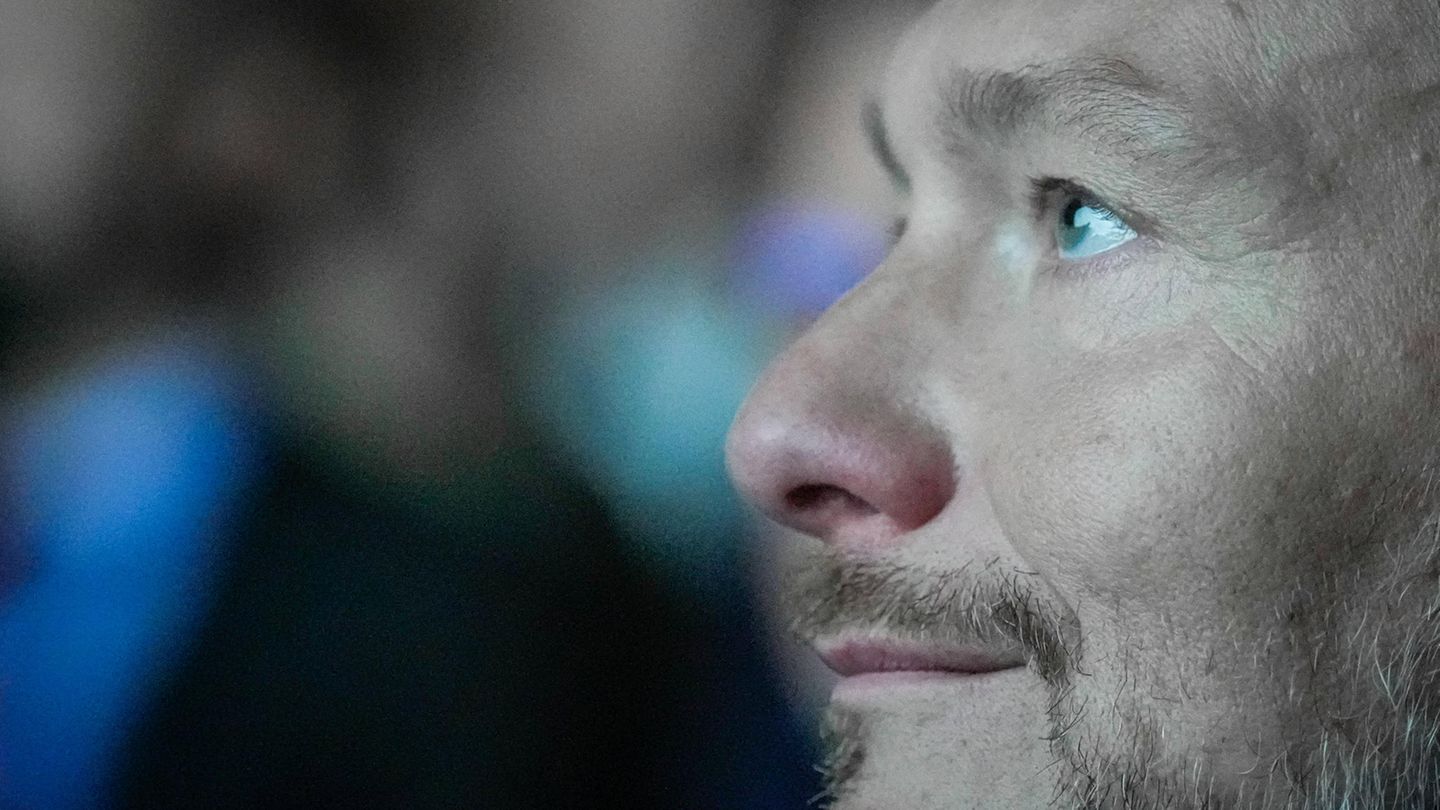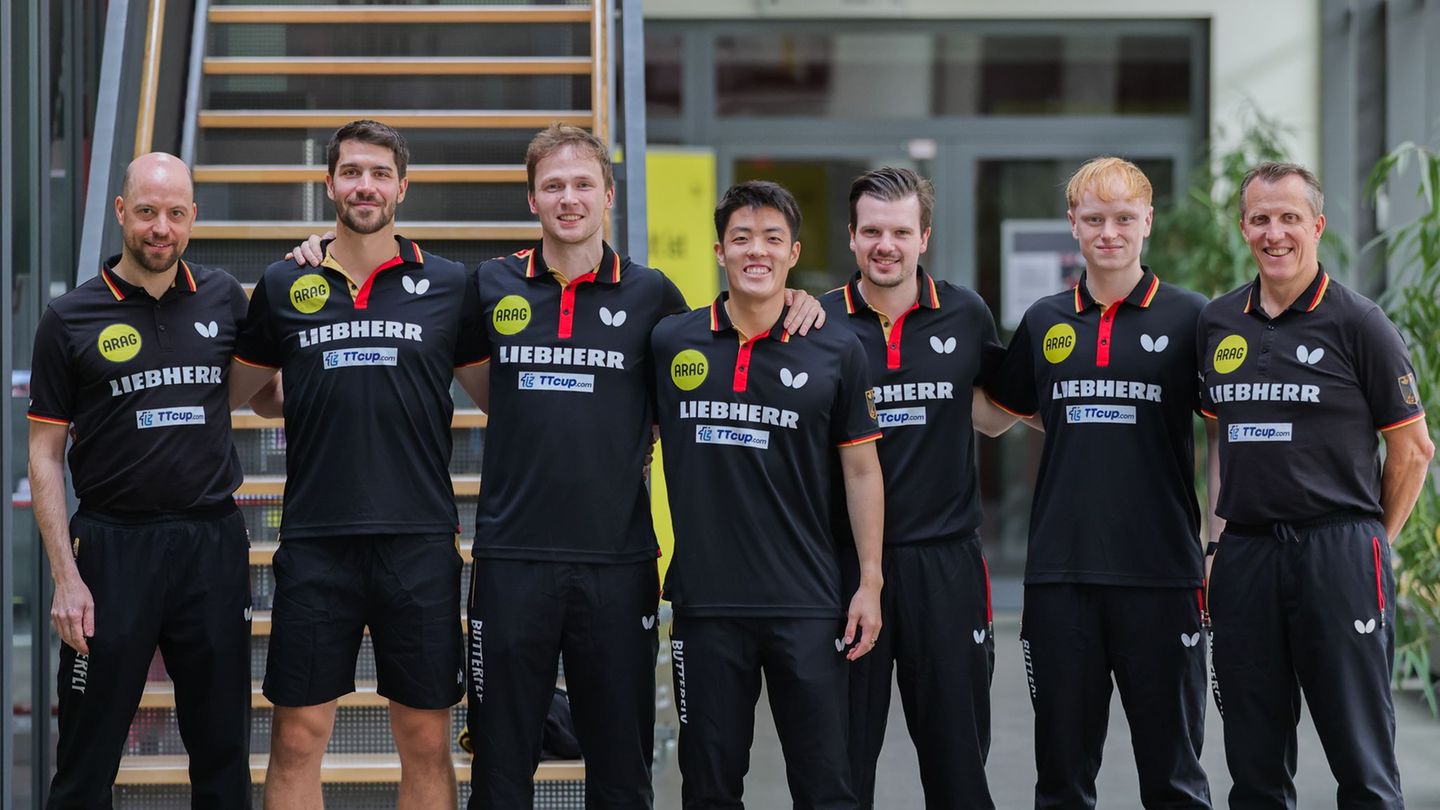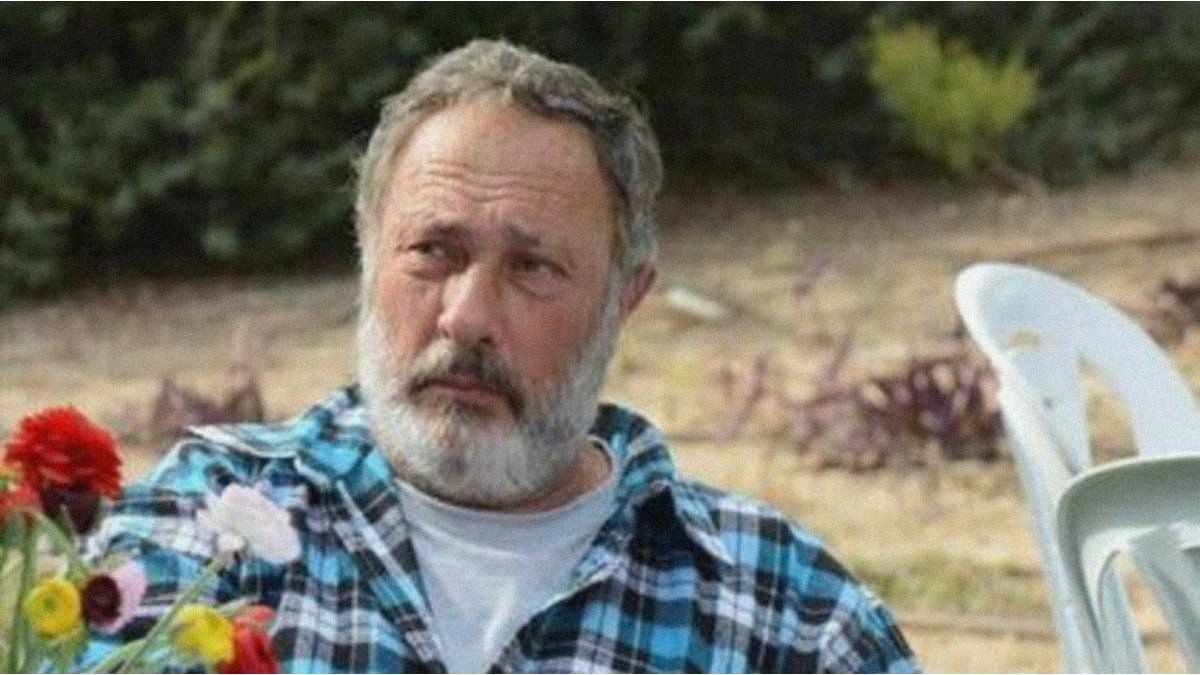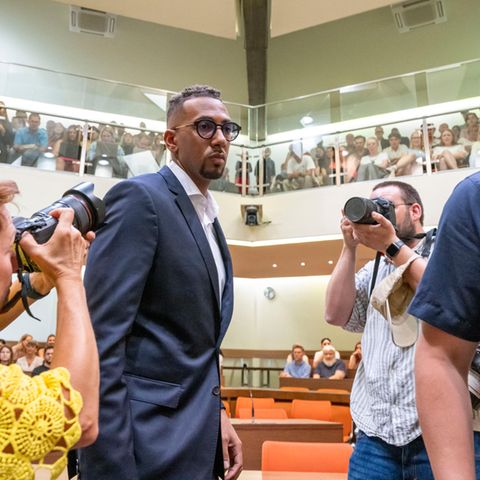Newsletter
On Monday, tractors from all over Germany paralyzed the Berlin government district. Was Finance Minister Lindner trying to use the hustle and bustle for another purpose?
“The capital” – the newsletter from the Berlin stern office. Every week with the most important assessments from the editorial team.
Dear readers,
Many years ago, the then Federal Chancellor Gerhard Schröder visited Rendsburg in Schleswig-Holstein. Such a visit requires extensive security precautions, which is why many police forces were busy closing off streets, redirecting traffic or protecting the Chancellor. A man who thought he was particularly clever tried to take advantage of this circumstance to rob a bank virtually unnoticed. The attempt failed.
I was reminded of this episode, which my colleague Nico Fried told me, when Christian Lindner tried to take advantage of the political hustle and bustle in Berlin last weekend – without becoming a criminal, of course. But it was also about money; more precisely, the finance minister buried the climate money. There was a lot going on on Monday: tractors from all over Germany drove up to the Brandenburg Gate, agricultural representatives met with the traffic light parliamentary group leaders, and the finance minister himself faced the crowd (my colleague Benedikt Becker observed him and wrote a comment worth reading).
Farmers are annoyed that the government is also making cuts to them as part of the austerity measures. Some believe that the restructuring of agriculture has not made progress for years, and some are fundamentally bothered by the government made up of the SPD, Greens and FDP. One thing is certain: it was not the rejection of climate money that paralyzed the Berlin government district. I’m now asking myself: Was this the finance minister’s calculation? Clear up climate money – but as inconspicuously as possible?
After all, it was one of the big promises of the traffic light government. For climate protection, fossil energy sources such as heating oil, natural gas and gasoline are becoming more expensive. But the income from this CO2 pricing should be transferred back equally to all citizens. The idea: to steer consumers towards low-CO2 alternatives, but ultimately not to take any money away from them – in order to increase acceptance of climate protection and, in particular, to relieve the burden on people with lower incomes.
Attentive observers could already sense that climate money was in bad shape. In the summer, Chancellor Olaf Scholz (SPD) dampened expectations of a rapid introduction. In December, Economics Minister Robert Habeck (Greens) pointed out relief from the EEG levy, which was “in effect climate money over the price of electricity”. Finance Minister Lindner now said: Whether the option of paying out will be used “will have to be decided after the next election.”
It remains to be seen: who from the SPD, Greens and FDP will still be in government? Then on Wednesday “Mr. Minister Lindner: Pay out the climate money during this legislative period!” According to the consumer advice centers, if the additional income from the CO2 price were distributed since 2021, every citizen would receive 139 euros.
PERSON OF THE WEEK
The farmers’ protest week was peaceful overall. One had to fear otherwise: a few days earlier, an angry crowd at the Schleswig-Holstein port of Schlüttsiel had prevented a ferry with Robert Habeck on board from docking. How threatened did he feel at that moment? And where is the limit of legitimate protest? The Economics Minister gave answers to this in a conversation with my bosses Jan Rosenkranz and Veit Medick.
AND OTHERWISE?
At a secret meeting in Brandenburg, AfD politicians, entrepreneurs and right-wing extremists are said to have made plans to expel people with a migrant background. Since this became known through a report by the research network Correctiv, there has been discussion about an AfD ban. The Federal Government’s former Eastern Commissioner, Marco Wanderwitz, is particularly vehement in demanding this. In an interview with our chief reporter Miriam Hollstein, the CDU politician warned: “If we wait for further radicalization, it may be too late.” My colleague Veit Medick sees the risks of such a procedure.
LOTS OF FAVORITE
Your highlight of the week
Civil servants in federal ministries have earned more than two million euros through secondary employment since the start of the traffic light government. The figures, which were exclusively available to my colleagues Florian Schillat and Miriam Hollstein, also show which ministry received a particularly large amount of money from secondary employment.
My highlight of the week
Triggered by the Correctiv report about the secret meeting of the extreme right-wing scene in Brandenburg (see above), thousands demonstrated against the AfD in Berlin on Sunday, and around 30,000 in Cologne on Tuesday. Protests are planned in many other cities this week. A friend just told me that this is why she has now joined a party (not the AfD). How do you perceive this: Is the much-quoted “middle of society” now standing up? And will that be enough? Feel free to write to me
I wish you a nice week.
Heartfelt,
Lisa Becke
PS: How did you like the newsletter? Write to me: Or recommend us to others. .
Source: Stern
I have been working in the news industry for over 6 years, first as a reporter and now as an editor. I have covered politics extensively, and my work has appeared in major newspapers and online news outlets around the world. In addition to my writing, I also contribute regularly to 24 Hours World.




